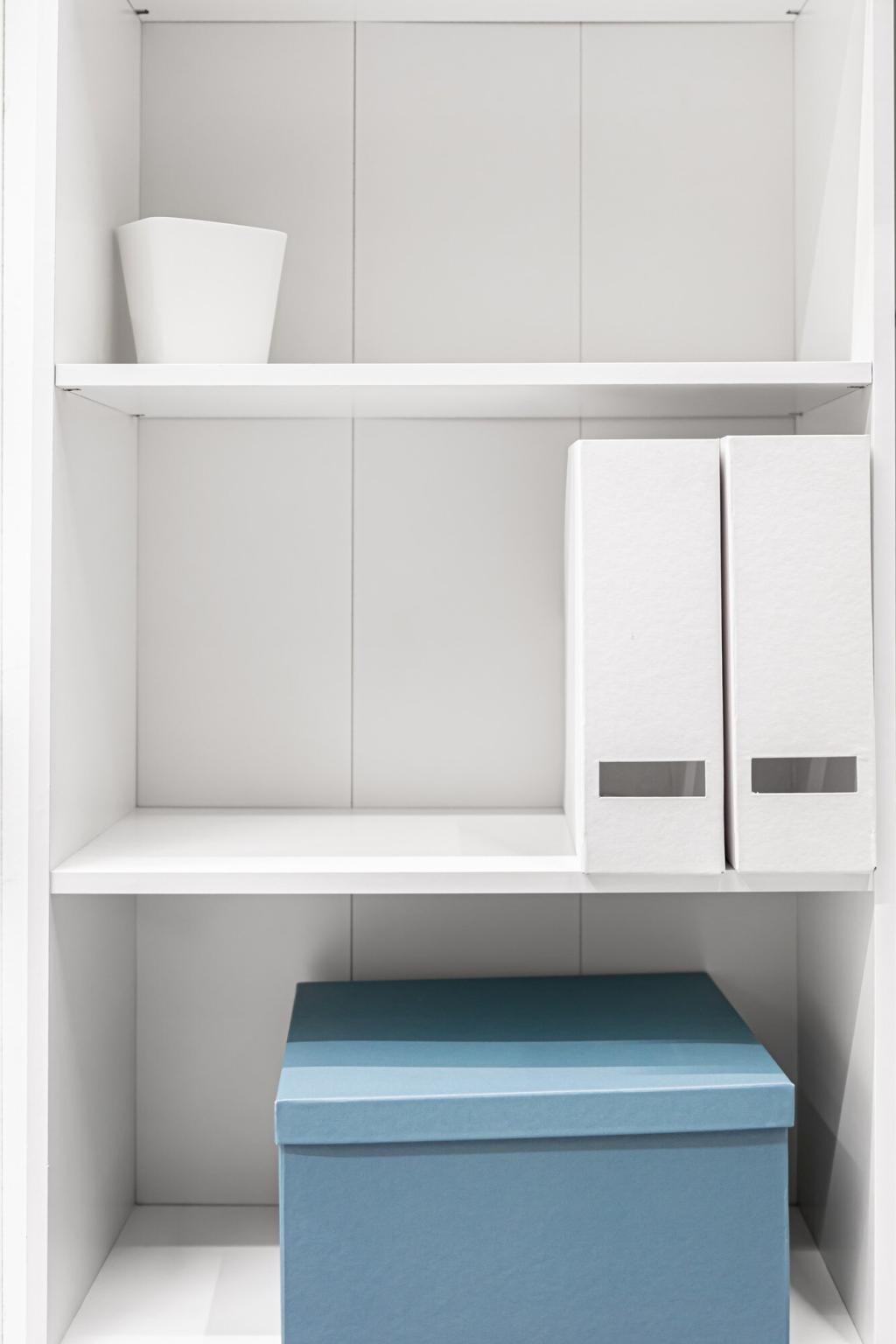
Energy-Efficient Smart Devices
Energy-efficient smart devices are revolutionizing the way people interact with technology in their homes and workplaces. With the increasing need to reduce energy consumption and lower environmental impacts, smart devices that are designed to conserve energy are becoming essential. This page explores how these innovative gadgets not only help save on utility bills but also contribute significantly to a more sustainable future. Emphasizing intelligent automation, enhanced control, and environmentally conscious design, energy-efficient smart devices are shaping the future of connected living.
Adaptive Learning Features
Modern energy-efficient smart devices increasingly rely on adaptive learning, utilizing artificial intelligence to tailor their operation to individual patterns and needs. Over time, these devices analyze usage data, occupancy patterns, and environmental conditions to fine-tune their performance. For instance, smart thermostats can learn when a home is typically occupied and automatically adjust temperatures to spend less energy while maintaining comfort. This adaptive capability not only enhances convenience but ensures that no more energy than necessary is consumed, allowing users to make practical contributions to energy conservation effortlessly.
IoT Integration for Optimization
The integration of Internet of Things (IoT) technology allows a multitude of devices to communicate and coordinate energy use across entire homes or businesses. Energy-efficient smart devices linked within an IoT ecosystem can respond collectively to changes in occupancy, weather, or electricity pricing. For example, connected lighting systems, appliances, and HVAC units can synchronize to reduce overall energy consumption during peak times. This interconnected optimization results in smarter, real-time energy management that responds dynamically to both user behavior and the broader energy grid, keeping overall usage minimal without sacrificing performance.
Eco-Friendly Manufacturing and Materials
Energy efficiency is not limited just to device operation; it also extends to the manufacturing process and the materials used. Leading brands are increasingly employing recyclable, bio-based, or sustainably sourced components in producing smart devices. They design products for longevity, repairability, and reduced environmental impact both during and after their lifecycle. These eco-conscious practices ensure that energy-efficient smart devices contribute to resource conservation throughout their existence, from production to recycling, making them a holistic solution for sustainable living.

Smart Home Automation and Energy Savings
Automated lighting systems are a prime example of how smart devices enhance energy savings. These systems can detect occupancy, ambient light levels, and time of day to adjust brightness or turn off lights when they’re not required. Smart bulbs and fixtures can be scheduled or controlled remotely, ensuring that energy isn’t wasted on empty rooms or unnecessary illumination. Dimming features add another layer of efficiency, adapting light output to user needs while conserving power. Homeowners benefit from lower energy bills, minimal manual effort, and the comfort of always having the right level of light.


